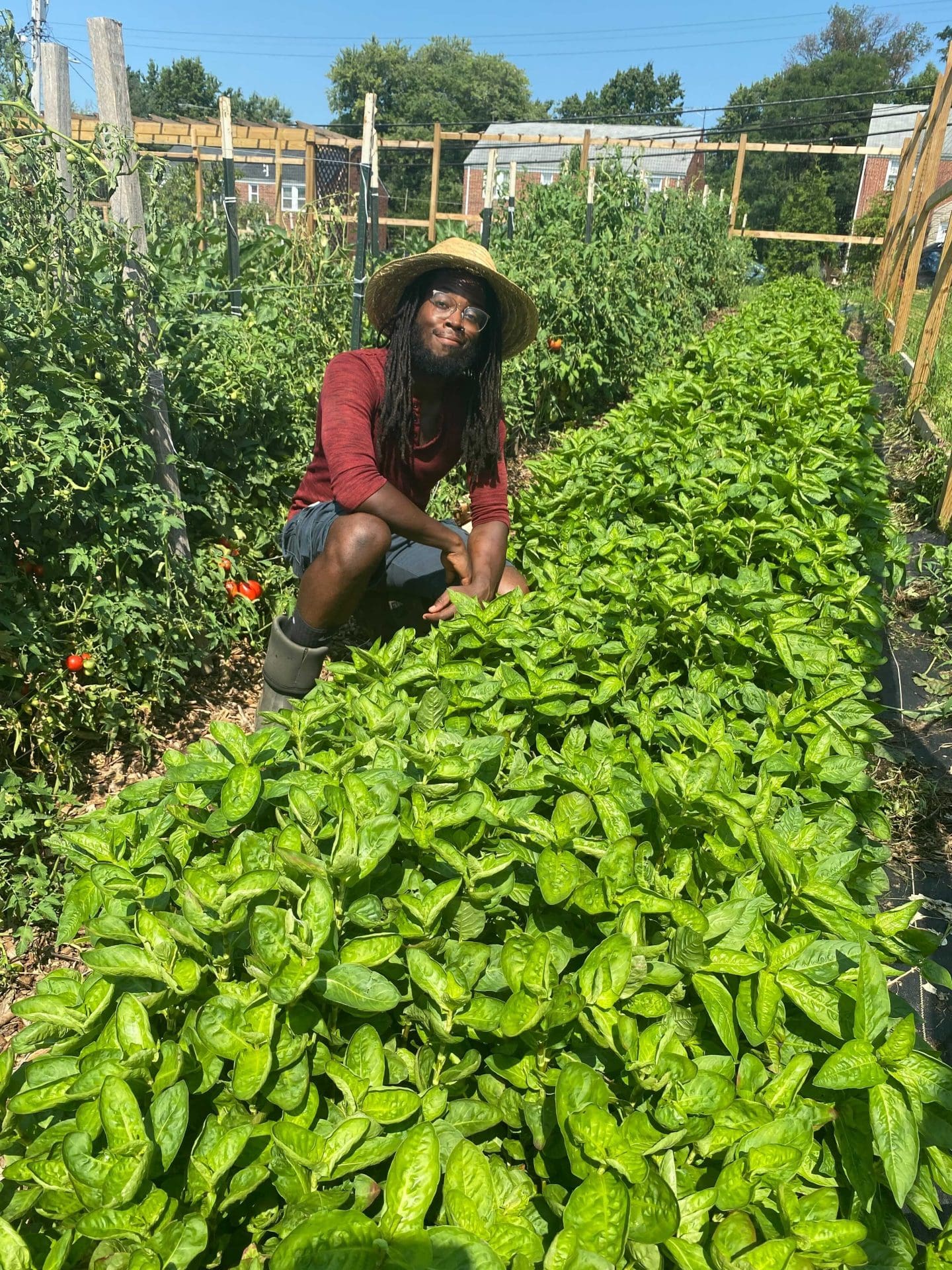
Baltimore: Urban Farms Flourish Amidst City’s Revitalization EffortsBaltimore: Urban Farms Flourish Amidst City’s Revitalization Efforts In the vibrant urban tapestry of Baltimore, community-based initiatives are transforming vacant lots and dilapidated buildings into thriving urban farms. These verdant oases have emerged as symbols of the city’s ongoing revitalization and a testament to the power of grassroots collaboration. A Growing Trend Over the past decade, Baltimore has witnessed a surge in urban farming projects. From rooftop gardens to aquaponics facilities, these initiatives are sprouting up in neighborhoods across the city. The goal is not only to provide fresh, healthy food to residents but also to foster community connections and revitalize underutilized spaces. Community Involvement Many urban farms are operated by community organizations, local residents, and non-profit groups. They offer opportunities for residents to learn about sustainable agriculture, participate in the growing process, and reap the benefits of their own harvests. This hands-on involvement fosters a sense of ownership and pride in the community. Economic Benefits Urban farms also bring economic benefits to the city. They create jobs in farming, maintenance, and distribution. In addition, they attract residents and visitors, stimulating local businesses and enhancing the city’s overall vibrancy. Environmental Sustainability By utilizing vacant lots and restoring abandoned spaces, urban farms contribute to environmental sustainability. They help to clean contaminated soil, reduce stormwater runoff, and provide habitat for wildlife. They also promote sustainable food practices and reduce reliance on imported produce. Examples of Success Several notable urban farms have made significant contributions to Baltimore’s revitalization efforts: * Baltimore City Farm in West Baltimore provides fresh produce to the community, teaches agricultural skills, and hosts community events. * Druid Hill Community Development Corporation operates several urban farms in Northwest Baltimore, creating job opportunities and promoting healthy eating. * Real Food Farm in East Baltimore uses hydroponic and aquaponic systems to grow produce year-round, providing food for local pantries and schools. Support and Recognition Baltimore’s urban farming movement has received widespread support from local government, philanthropic organizations, and community partners. The city has established a Food Policy Task Force to promote food justice and support urban agriculture. Furthermore, several urban farms have been recognized for their excellence, such as the Baltimore City Farm, which received the Urban Farm of the Year award in 2019. Conclusion Urban farms in Baltimore are not mere plots of land; they are living, breathing symbols of the city’s transformation. Through community collaboration, economic growth, environmental sustainability, and educational opportunities, these initiatives are revitalizing neighborhoods, empowering residents, and making the city a more just and vibrant place to live.
Posted inNews